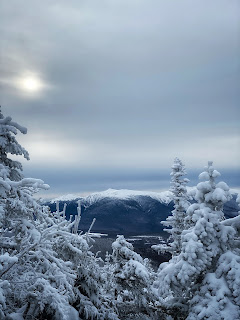You don’t always know how much a person does until they step away from those responsibilities and hand the job over. I am just beginning to discover how much founding member and past secretary, Steve “Mit” Mitman has done for FSAR as I tiptoe into his shoes. As I accepted the duty of secretary, he began to gently coach me on how to share documents, where to find and update rosters, and a myriad of other things. When we attended our ropes team training, he quietly became the anchor as we learned to use mechanical advantage for rigging. When we reviewed using a litter and adding the wheel, Mit became the patient, but even in this last team meeting for him, he still was taking pictures of the team and documenting the experience. It is with sincere appreciation that we wish him well as he steps away from the team.
Another quiet leader and founding member, the team’s president, Steve Yates, has also stepped down. Being welcoming of newcomers as well as reassuring to those with less experience has definitely been one of the qualities that many have appreciated over the course of his years of service. Those details of planning for training, organizing the team, and communicating with members and agencies are only a few of the many jobs Steve accomplished over the years as president. Seen here, with incoming president, Barry London, handing off snippets of knowledge, we are thankful for your years of service with FSAR.

Finally, Paul Marcolini, medical advisor, is leaving the board, but will still remain on the team and will be helping with future WFA trainings. Paul has shared his experiences of so many years of service as a climbing ranger in Denali, as well as teaching NREMT courses for Rainier, and Acadia National Parks. He is a paramedic and has worked for ground, rotor and fixed-wing EMS programs. His method of teaching encourages the unsure in a respectful way while challenging all team members to follow the science of first aid as he shares current information from everything from tourniquets to Covid safety.
It is with deep appreciation that we honor these three men and their service to FSAR. Consider whether you have time or interest in joining our team and learn what you can do to help.













